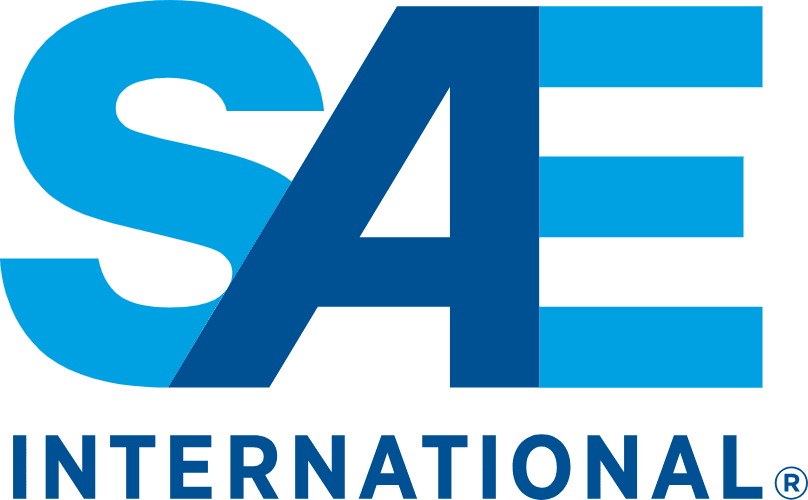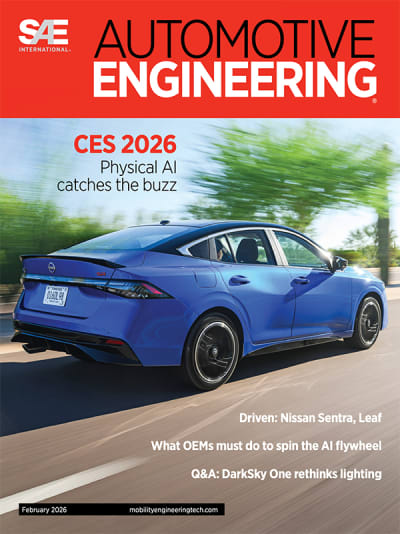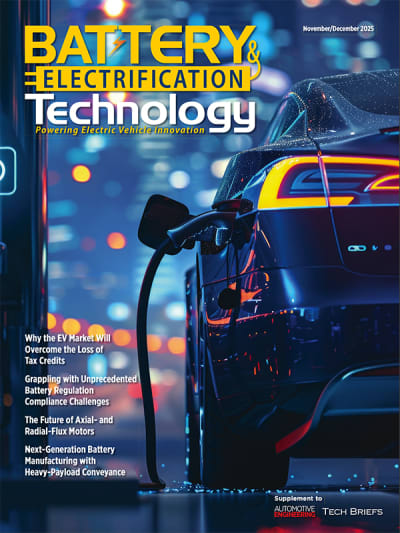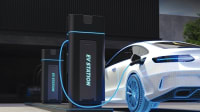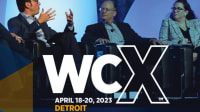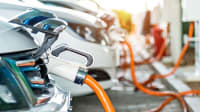Biden-Harris Administration Invests $54 Million to Expand Clean Transportation Across American Communities

WASHINGTON, D.C. – The Biden-Harris Administration recently announced a $54 million Communities Taking Charge Accelerator funding opportunity through President Biden’s Bipartisan Infrastructure Law to enhance electric mobility in communities without access to home charging infrastructure and to transition all types of fleets to electric vehicles. It also focuses on developing managed charging solutions to optimize grid efficiency and integrate renewable energy to promote sustainability, economic growth, and community health.
The Communities Taking Charge Accelerator is administered by the U.S. Joint Office of Energy and Transportation (Joint Office) through the U.S. Department of Energy’s (DOE) Office of Energy Efficiency and Renewable Energy and advances the mission and vision of the Joint Office by accelerating solutions that make it possible for communities everywhere to ride and drive electric, in line with strategies detailed in the U.S. National Blueprint for Transportation Decarbonization .
“Cities and towns around the country can benefit from this broad funding opportunity that expands access to electric mobility while managing impact on the grid,” said Gabe Klein, Executive Director of the Joint Office. “With strategic investments in communities of all sizes, these federal dollars will address barriers to extending access to clean mobility options for individuals without home charging, or those traveling by public transportation, micromobility, ride-hailing, or taxi, while creating tools to optimize transportation electrification on the electrical grid.”
The Communities Taking Charge funding opportunity extends access to electrification opportunities beyond existing Joint Office–supported programs to more communities across America. Funding is available to academic, non-profit, for-profit, and government entities for planning, demonstration, and/or deployment projects that drive innovation in equitable clean transportation. The funding topics and objectives are:
- Solving for No-Home Charging: Expanding Charging Access for Privately Owned E-Mobility by funding e-mobility charging solutions for individuals without access to home charging for their electric vehicles and mobility devices (e.g., cars, e-bikes, e-scooters, electric wheelchairs, etc.).
- Expanding E-Mobility Solutions through Electrified Micro, Light and Medium-Duty Fleets by funding charging and deployment solutions for electrified ultra-light, micro, light, and medium-duty fleets that transport people through shared rides, shared vehicles (including micromobility), or transit operations, and that transport goods to communities through last mile delivery vehicles.
- Managed Charging for Clean Reliable Energy, which funds projects that accelerate solutions in the EV charging ecosystem, including requirements and specifications for end-to-end managed charging functionality, to make the most efficient use of infrastructure and minimize impacts on the electrical grid.
This new funding builds on the Joint Office’s existing work supporting the U.S. Department of Transportation’s (DOT’s) National Electric Vehicle Infrastructure Formula Program and Charging and Fueling Infrastructure Discretionary Grant Program , which provide $7.5 billion for states and communities to build a convenient and reliable national charging network. Additional programs like DOT’s Low or No Emission Vehicle Program for Transit and the U.S. Environmental Protection Agency’s Clean School Bus Program provide up to $10.6 billion for electric bus deployment.
The funding will support Justice40 Initiative goals which aim to deliver 40 percent of federal investments in clean energy and climate solutions to disadvantaged communities (DACs), as defined by Executive Order 14008, and to drive creation of accessible, good-paying jobs with the free and fair chance for workers to join a union. The Communities Taking Charge Accelerator will expand EV adoption and charging access in urbanized areas where land use, density, car ownership rates, grid considerations, and other factors create unique needs and considerations for electrifying the transportation network. The funding will also support managed charging solutions that improve overall grid stability, reduce peak demand surges, and ensure fair access for all EV users, regardless of their residential circumstances.
Visit the Communities Taking Charge Accelerator page on DriveElectric.gov to read the funding opportunity: FY2024 Communities Taking Charge Accelerator . Applicants must submit a concept paper by May 20, 2024, and full applications are due July 16, 2024.
About the Joint Office of Energy and Transportation
The Joint Office supports the deployment of zero-emission, convenient, accessible, and equitable transportation infrastructure. The Joint Office was created through the Bipartisan Infrastructure Law and facilitates collaboration between the U.S. Department of Energy (DOE) and the U.S. Department of Transportation (DOT). Learn more at DriveElectric.gov .
Top Stories
INSIDERManufacturing & Prototyping
![]() How Airbus is Using w-DED to 3D Print Larger Titanium Airplane Parts
How Airbus is Using w-DED to 3D Print Larger Titanium Airplane Parts
NewsAutomotive
![]() Microvision Aquires Luminar, Plans Relationship Restoration, Multi-industry Push
Microvision Aquires Luminar, Plans Relationship Restoration, Multi-industry Push
INSIDERAerospace
![]() A Next Generation Helmet System for Navy Pilots
A Next Generation Helmet System for Navy Pilots
INSIDERDesign
![]() New Raytheon and Lockheed Martin Agreements Expand Missile Defense Production
New Raytheon and Lockheed Martin Agreements Expand Missile Defense Production
ArticlesAR/AI
![]() CES 2026: Bosch is Ready to Bring AI to Your (Likely ICE-powered) Vehicle
CES 2026: Bosch is Ready to Bring AI to Your (Likely ICE-powered) Vehicle
Road ReadyDesign
Webcasts
Semiconductors & ICs
![]() Advantages of Smart Power Distribution Unit Design for Automotive...
Advantages of Smart Power Distribution Unit Design for Automotive...
Unmanned Systems
![]() Quiet, Please: NVH Improvement Opportunities in the Early Design...
Quiet, Please: NVH Improvement Opportunities in the Early Design...
Electronics & Computers
![]() Cooling a New Generation of Aerospace and Defense Embedded...
Cooling a New Generation of Aerospace and Defense Embedded...
Power
![]() Battery Abuse Testing: Pushing to Failure
Battery Abuse Testing: Pushing to Failure
AR/AI
![]() A FREE Two-Day Event Dedicated to Connected Mobility
A FREE Two-Day Event Dedicated to Connected Mobility
